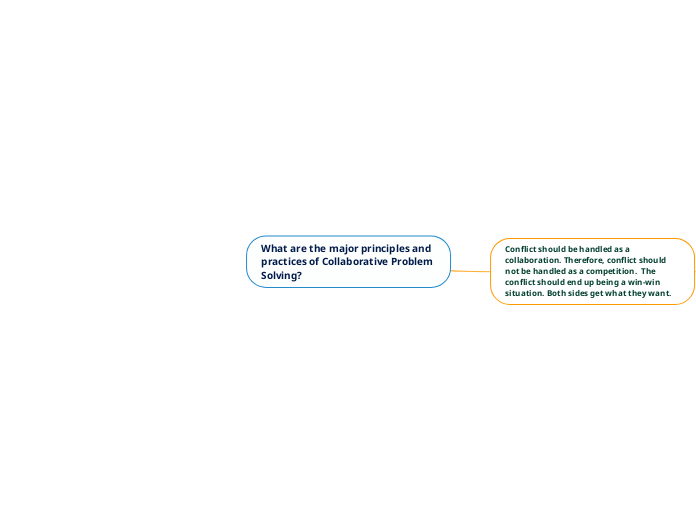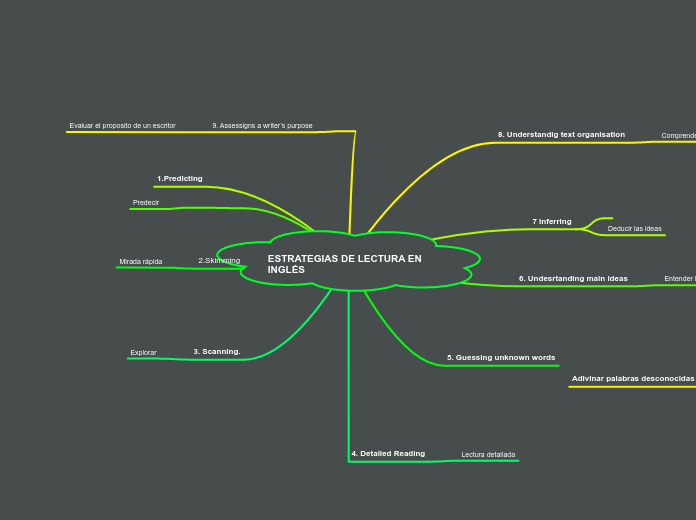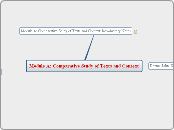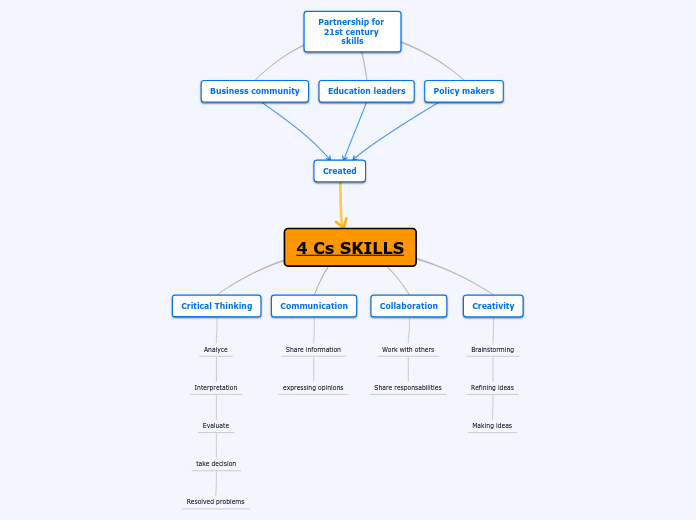What are the major principles and practices of Collaborative Problem Solving?
Conflict should be handled as a collaboration. Therefore, conflict should not be handled as a competition. The conflict should end up being a win-win situation. Both sides get what they want.
The Practice of CPS
Four Steps of Collaborative Problem solving
Inventing a Solution
MP: In collaborative problem solving, you have to end up invention a solution to the problem at hand. To do this you must use the other parties needs and feelings, as well as your needs and feelings, to get a win win solution. You should do this by working together, rather than against each other.
Work together to find the solution.
Use what you have learned from listening to one another's needs and feelings to find a solution
This is done by understanding the other parties needs and feelings while also trying to get them to understand your needs and feelings.
Once you both understand each other completely you can start to invent a solution.
Invent Win/win solution together.
At the end, both parties get what they want.
When you are explaining your needs this is basically explaining what you want.
Identify Needs
MP: In collaborative problem solving it is important to identify each others needs. When doing this it is important to empathically listen to their needs and feelings. Then you can state your needs and feelings with self assertion.
Self Assertion
Use I-Statements Not You-Statements.
When you use I statements and not you-statements, you connect your needs and feelings with a fact they cannot deny. Such as, "there is trash on the ground."
Then state how this fact makes you feel and then your needs.
State your Needs and Feelings.
Get rid of positions to not hurt dignity of one another.
Use I statements to explain your needs and feelings.
An I-statement is when you explain how you feel without attacking the dignity of the other party. You explain what you need and your feelings without blaming the other party.
Empathic Listening
Listen to needs and feelings of other party
State them back to the person
This makes other party know you understand their needs and feelings
Connect to the Humanity of the other
MP: In collaborative problem solving, you have to connect to the humanity of the humanity of the other party. To do this you have to respect the dignity of the other party. While doing this you have to understand their needs and feelings, and stay calm during the conflict.
Understand their needs and feelings.
Listen to their needs and feelings and pay attention.
Try to put yourself in their shoes and understand why they have these needs and feelings.
Say their statement back to them so they know that you understand their feelings.
Respect the Dignity of the Other.
To do this, one must use I statements and help the other party feel heard by saying their needs and feelings back to them.
Stay calm during the conflict.
Do not get defensive of the other persons statements even if they are making you statements.
Try to understand their side of it.
Principles of CPS
Ways of thinking about conflict
Conflict as Collaboration
MP: Collaboration is when two or more people work together to create a solution and both get what they want. They use needs and feelings to understand one another.
Connect to the Humanity of the Other
mP: Connecting nto the humanity of the other is about maingint the dignity and personhodd of the other...
MP: Dignity is a person's honor or respect of themselves. When a person hurts another person's dignity with a you-statement, the person who's dignity is hurt might feel disrespected, or their honor has been hurt.
Use I statements to prevent hurting dignity of the other person.
Hurting dignity of the other party will make each other defensive.
Being defensive in a collaborative conflict leads to a zero sum game. This only involves each other's positions, and will only have you-statements being made.
Respect the dignity of the other party.
Win win
in a win win situation both parties are working together rather than against each other.
Use both needs and feelings to get what you want and they get what they want.
Try to work with the other party to collaborate rather than trying to figure it out yourself. To do this, one must sepaate positions from need and feelings. .
Feelings
Feelings are generally I-Statements
"i feel disrespected"
Address how this certain conflict is making you feel
Use these feelings to state your needs
Needs
Needs are I-Statements
"I need a comfortable and clean household"
Needs are better than positions because it does not hurt the dignity of the other party involved
States what you need using I statements
This makes it so the other party is not involved in the statement
Address needs
Understand needs without positions
Positions
MP: Positions attack the other parties dignity
Positions are generally You-Statements
"He is a slob"
get rid of your position and incorporate Needs and feelings
Conflict as Competition
MP A competition is a zero-sum game where each side takes positions and tries to win. Each person does not care about the other party, and only cares about their own position.
Competition is a Zero Sum Game
Only 1 person gets what they want at the end of it .
It ends up being a Win/lose situation.
Only care about my position and not about feelings
What is a position?
A position is when both parties use you-statements and only care about themselves in the conflict. A position has no need or feeling just what they want to gain.
What is Conflict?
MP: In this paper, I will define conflict as a collaboration between two or more parties where everyone wins in the end. All parties get what they want
Conflict should not be handled as a competition. When it is a competition, it ends up being a zero sum game.
A zero sum game is when only one party wins. They are either gaining or losing there is no in between.
It is also defineed as, "To be incompatible or at variance; Clash"









